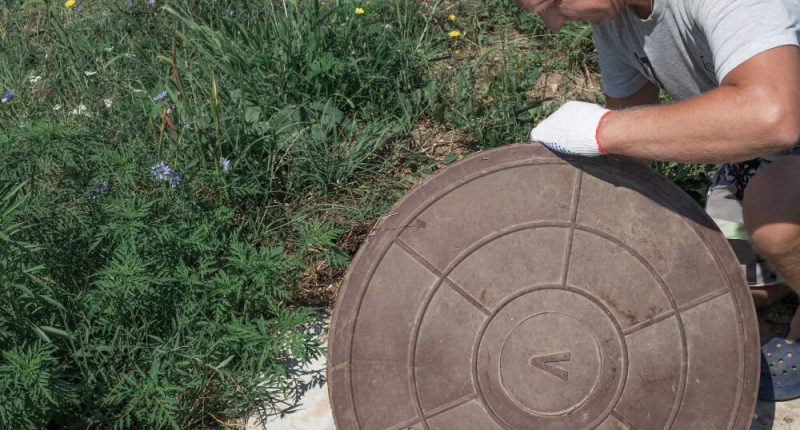
Your septic system is one of the most important elements of your home. It is also one of the most overlooked when it comes to property maintenance and care. Many homeowners do not even know with certainty where their septic tank is located on their property, let alone where the drain field is or when the tank was last pumped.
A septic system can last as long as 30 years—but only if you make septic system maintenance a priority from the start.
Read on to learn the answers to these questions and more. For more information about septic system maintenance and drain field repair in Tampa, contact Tampa Bay Plumbers today.
The first step in keeping up with septic system maintenance is to learn more about septic tanks. That way, you understand how the system works and where it is located.
The location of your septic system may not be easy to see, but you may be able to find it on your own by following the sewer pipe in the basement as it leads out of the house. You can also contact your county or town, which should have a record of the permit and tank location.
Your septic system is made up of two parts: the tank and the drain field. The tank receives all the wastewater from your home. In the tank, the solid elements of the wastewater separate, sinking to the bottom and forming the sludge layer. The lighter solids, greases, and oils float to the top and form the scum layer.
The water that remains between the scum and sludge layers slowly pushes through and out into the drain field, while bacteria consume the scum and sludge layers.
Your household septic system should be inspected every three years at the minimum and more often if you produce more wastewater and solids than the average household. A professional plumber with experience servicing septic systems should perform the inspection.
It is also essential to have a service contract for the alternative systems involved in the septic system. These systems include mechanized parts, pumps, and float switches that must be inspected more often, ideally once a year.
When the septic service professional inspects your septic system, they will check for any leaks. They will also examine the layers of scum and sludge in the tank. If the scum or sludge layers are within 6 and 12 inches, respectively, of the T-shaped outlet, your tank will need to be pumped.
All the water in your home flows into your septic system, which equals 70 gallons of wastewater per person per day in an average household. A leak in the kitchen sink faucet or a toilet that runs continuously can waste up to 200 gallons of water per day. The more water that goes down the drain, the more strain is put on the septic system and the higher the chance of failure.
There are many ways to reduce the amount of water wasted in your home and improve the efficiency of your septic system, including:
Washing machines use a lot of water so try to spread your family laundry loads out over the week to avoid putting a strain on the septic system. Doing too many loads of laundry in a day does not allow the septic tank the time to treat waste properly, and the overload could cause it to flood the drain field.
Everything that goes down the drain in your home ends up in the septic system and affects the tank’s ability to work efficiently. When it comes to the toilets, do not flush anything down the drain besides human waste and toilet paper.
In the kitchen, limit the use of your garbage disposal and do not pour grease, oil, oil-based paint, solvents, or any type of toxic, chemical cleaning solution. Chemicals and drain cleaners can harm the living organisms in the tank that treat household waste.
Your septic drain field is the exterior component of your septic system where the contaminants from the liquid emerging from the septic tank are removed.
Regular maintenance and care for your septic system will ensure that your tank and drain field continue to work efficiently and dependably for 25-30 years. For inspections and maintenance, call the service professionals at Tampa Bay Plumbers.
Tampa Bay Plumbers help Hillsborough County residents with septic tank service and general plumbing services and installation, delivering high-quality, reliable plumbing service to 40,000 residents and counting. With the most advanced plumbing equipment at hand, their experts can treat any septic system and plumbing issue.
For more information about septic tank service by Tampa Bay Plumbers or to schedule a septic system maintenance call, call (813) 696-3634.
